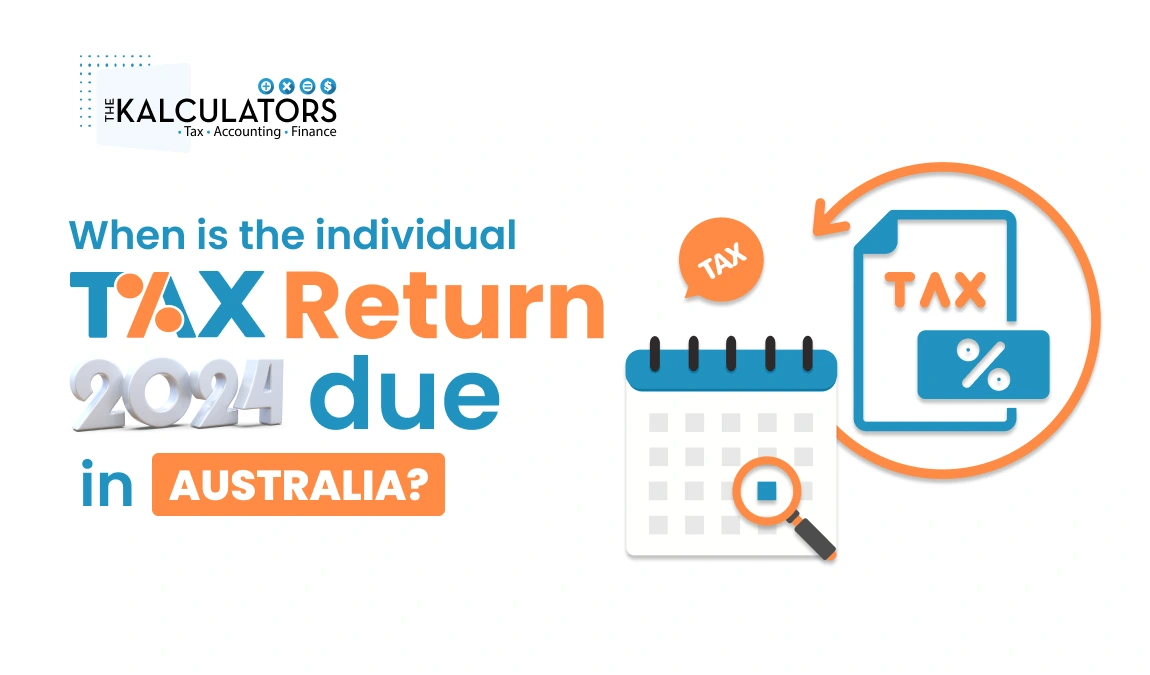What You Should Know About the Australian Tax Return Before Filing
What You Should Know About the Australian Tax Return Before Filing
Blog Article
Checking Out the Advantages of Declaring an Income Tax Return: Optimize Your Tax Obligation Reimbursement This Year
Submitting a Tax return is usually perceived as a challenging job, yet it plays an essential duty in improving your economic standing. By carefully reporting earnings and leveraging offered reductions and credits, individuals can tap into the capacity for considerable tax refunds.
Importance of Filing a Tax Return
Filing a Tax return is a substantial duty for people and businesses alike, as it offers both compliance and monetary administration functions. Adhering to tax legislations is necessary, as stopping working to file can cause significant fines, passion fees, and potential legal repercussions. By submitting an income tax return, organizations and people demonstrate their dedication to satisfying their civic tasks and contribute to the performance of civil services.
Additionally, filing an income tax return provides a possibility for taxpayers to assess their monetary scenario. It allows them to track income, costs, and overall economic wellness, which can inform future budgeting and financial investment decisions. For several, tax returns are a gateway to possible reimbursements, as overpayment of taxes throughout the year can be reclaimed, using a much-needed monetary boost.
Furthermore, the tax return process can promote access to different monetary products and solutions. Lenders commonly need tax obligation returns when figuring out creditworthiness for finances or mortgages, making it vital for individuals and organizations seeking monetary help. Finally, submitting a Tax return is not merely a regulatory commitment; it is a substantial action in preserving economic integrity and revealing potential benefits.
Comprehending Tax Obligation Deductions
Tax obligation deductions are frequently neglected yet play a vital function in decreasing taxable revenue and making the most of possible reimbursements. Recognizing the various kinds of tax obligation deductions available can significantly impact your general tax obligation responsibility. Reductions can be categorized into 2 major types: itemized reductions and standard reductions.
The requirement deduction is a set dollar amount that taxpayers can subtract from their revenue, differing based on declaring standing. For several individuals, specifically those without considerable itemizable costs, taking the typical deduction is useful. On the various other hand, itemized reductions enable taxpayers to list eligible expenses, such as home mortgage passion, clinical costs, and charitable payments, potentially yielding a higher deduction than the basic option.
It's vital to maintain meticulous documents of all insurance deductible expenditures throughout the year to assure you catch every eligible deduction. Furthermore, specific reductions may be subject to constraints or phase-outs based on revenue degrees. Familiarizing on your own with these nuances can aid you strategically intend your funds and optimize your income tax return. By understanding and leveraging tax obligation reductions successfully, taxpayers can lower their gross income and boost their general tax obligation reimbursement.

Exploring Tax Obligation Credit Reports
Maximizing your tax financial savings involves recognizing the various kinds of tax credit reports readily available to you. Tax obligation credit histories straight lower your tax obligation dollar for dollar, making them extra useful than deductions, which only reduced your taxable earnings.
There are 2 main categories of tax credit ratings: nonrefundable and refundable. If the credit rating exceeds your tax obligation owed, nonrefundable credits can minimize your tax responsibility to no however will certainly not result in a reimbursement. Refundable credits, on the other hand, can create a reimbursement even if you have no tax obligation liability, making them specifically helpful for lower-income taxpayers.
Common tax credit histories consist of the Earned Earnings Tax Credit History (EITC), which supports reduced to moderate-income working family members and people, and the Kid Tax Obligation Credit rating, which supplies economic alleviation for taxpayers with reliant kids. Education-related credit ratings, such as the American Possibility Credit History and the Life Time Learning Credit scores, help offset the prices of higher education.
Typical Errors to Prevent
Navigating the complexities of tax returns can lead to several common mistakes that taxpayers ought to be aware of. One significant blunder is stopping working to report all incomes. Also little quantities from side work or freelance job need to be included, as the IRS receives duplicates of all revenue declarations.
Another constant mistake includes ignoring deductions or credit histories for which one is qualified. Taxpayers ought to thoroughly investigate prospective reductions, such as for trainee car loans or clinical costs, to prevent leaving money on the table.
In addition, mistakes in individual info, such as Social Protection numbers or filing condition, can postpone processing and refunds. It is essential to double-check all details before entry to guarantee accuracy.
Filing late or disregarding to submit entirely can also cause penalties and missed chances for refunds. Taxpayers need to know due dates and strategy accordingly.
Lastly, numerous individuals forget to maintain detailed documents of expenses and sustaining documents. Organized paperwork is basic for confirming claims and facilitating any type of future audits. By staying clear of these typical errors, taxpayers can improve their declaring process and enhance their possible reimbursements.
Tips for Optimizing Your Reimbursement

Next, take into consideration adding to pension, such as an individual retirement account. Contributions made before the tax target date can be deducted, potentially increasing your reimbursement. Furthermore, if you are freelance, make certain to account for business-related costs that can minimize your gross income.
An additional vital method is to submit your return electronically. E-filing not just speeds up the handling time yet additionally minimizes mistakes that can accompany paper submissions. Verify that you pick the correct declaring status; this can considerably impact your tax obligation rate and eligibility for particular credits.
Last but not least, keep careful records throughout the year. Organizing receipts and economic files can streamline the declaring process and aid you identify possible reductions that you might or else miss. By taking these actions, you place yourself to receive the maximum refund possible.
Verdict

By systematically reporting revenue and leveraging readily available reductions and credit scores, people can tap right into the possibility for substantial tax obligation refunds. For lots of, tax obligation returns are a portal to possible reimbursements, as overpayment of taxes throughout the year can be recovered, supplying a much-needed financial increase.
Comprehending the different kinds of tax obligation reductions readily available can greatly affect your overall tax responsibility. Online tax return Australia. By Australian tax refund comprehending and leveraging tax obligation deductions efficiently, taxpayers can reduce their taxable earnings and boost their total tax refund

Report this page